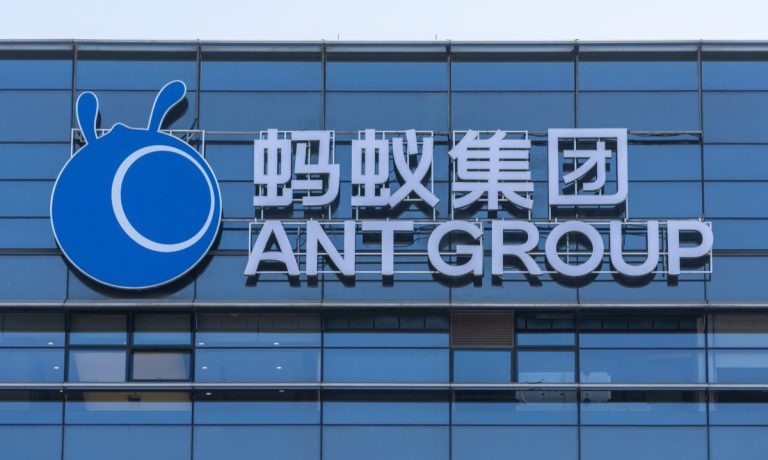China OKs Ant Group Consumer Finance Expansion

Ant Group’s consumer finance arm is set to more than double in size.
Last week saw the China Banking and Insurance Regulatory Commission approve an application by Ant to expand the registered capital held by Chongqing Ant Consumer Finance from 8 billion yuan to 18.5 billion yuan. The move marks a crucial step for Ant Group in its longtime effort to go public.
The commission’s announcement, dated Friday (Dec. 30), said Ant will retain a 50% stake in its consumer finance arm, with 11 other investors controlling the other half.
The regulator gave Ant six months to make the “relevant statutory change procedures” to ensure the approval remains valid.
Last month saw reports that Chongqing was planning to raise the equivalent of $1.5 billion (10.3 billion yuan) in new capital to help it make loans.
The consumer finance operation houses two lending services offered through Ant’s mobile payments network Alipay. These services — dubbed Huabei and Jiebei — offer unsecured loans to Chinese consumers, with Chongqing Ant Consumer Finance extending credit or making the loans in tandem with banks.
Ant Group formed Chongqing Ant in 2021 after being forced to restructure its business in the wake of its record-breaking dual public listing in Shanghai and Hong Kong being halted by Chinese regulators.
The initial public offering (IPO) was expected to raise $34.4 billion and would have valued Ant at around $316 billion.
In late 2021, a state-owned company known as China Cinda Asset Management invested approximately $942 million in Chongqing, giving it a 20% stake. However, that deal later fell through when the asset manager pulled out.
The question of when and if Ant Group will go public is happening against a backdrop of a worldwide downturn in IPOs, as PYMNTS noted last month, as deals plummeted to depths not seen since the 2008 financial crisis.
A total of $207 billion has been raised from listings in 2022, a 68% decline since last year. The slump is so large that a recent listing boom in China and the Middle East hadn’t been able to outweigh the IPO drought in the U.S.
And this drop in deal-making has led to a wave of job cuts at banks in Europe.
“By June this year, bankers had already found themselves short on work,” PYMNT reported. “After the average value of initial public offerings in the U.S. and Europe plunged by 90% in the first half of the year, companies put flotations on hold, while those that went public did so in a difficult market that has reduced bankers’ fees.”